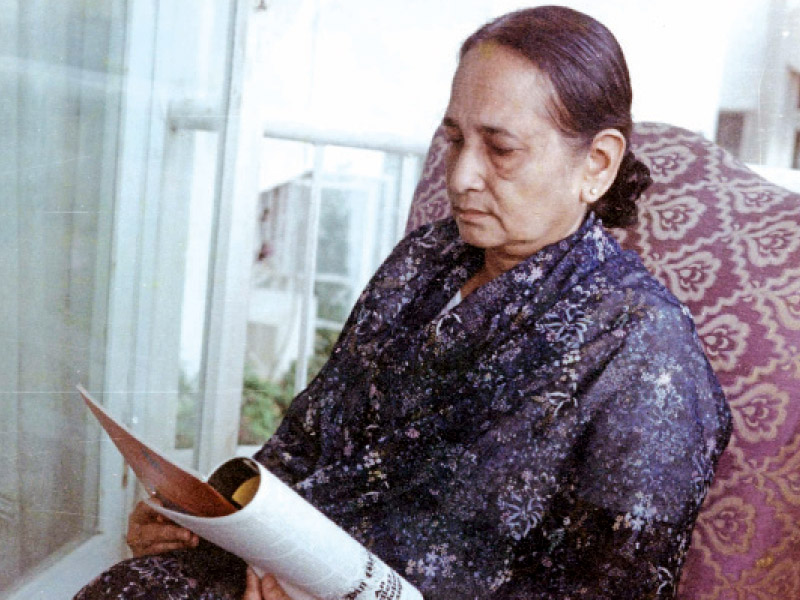
Sadeque was a pioneer of a women rights’ organisation, Shirkat Gah, and also a founding member of Women’s Action Forum (WAF).
Her passing has created a vacuum not only for the women’s movement, but for all social movements in which she engaged with passion, integrity and with an informed commitment, said a statement issued by WAF on Monday. Her commitment, strength of purpose and resilience was crucial, particularly in the challenging years when the forum confronted both the military government of General Ziaul Haq and his policy of ‘Islamisation’, the statement added.
Members of the forum paid homage to the many struggles that were propelled by Sadeque as she alerted it to the issues that were suppressed by a “highly-controlled” press. They said that her role and contribution to the forum and the women’s movement as a whole will always be remembered as integral to women activism’s history.

In addition to her commitment to the women’s movement, Sadeque’s qualities of head and heart made her sensitive to violations of the rights of the dispossessed and vulnerable. This led to her engagement with different social movements as testified by her work with fisher folk, labours, peasants, religious minorities and against globalisation and militarisation and for sustainable development.
Sadeque kept abreast of current developments and debates and linked this information to indigenous knowledge forms and practices to produce work that was clear and easily accessible. “She was a great person and a great feminist,” said Kishwer Naheed, a poet and activist.
“[Sadeque] was so involved and engrossed in diverse causes; from fishermen by the seashore to women growing rice crop. She was the only one to highlight the plight of the displaced persons of Mangla and Tarbela dams.”
Nasreen Azhar, rights activist, met Sadeque for the first time in September 1981. “Najma was one of the people who stayed committed to the rights of women, religious minorities and the poor,” said Azhar.
She added that Sadeque evolved into a strong researcher and writer on many subjects. “I was surprised at her knowledge of environment, sustainable agriculture, economic systems and exploitation by multinationals.”
Azhar reminisced a presentation titled “Bread, not Arms” that Sadeque had presented on the Human Rights Commission of Pakistan forum. “We had been exchanging emails but I had no idea that she was so unwell. She remains irreplaceable.”
National Commission on the Status of Women chairperson Khawar Mumtaz said that Sadeque was a close friend and an icon. “Najma was one of the few people committed to livelihood issues and the role of women in it. She was a minefield of information, understanding and analysis. She helped people understand complex issues in the simplest of ways,” she added.
Published in The Express Tribune, January 13th, 2015.











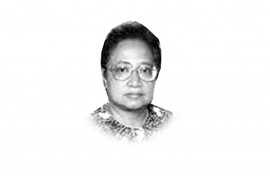
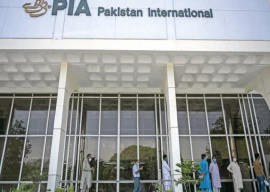
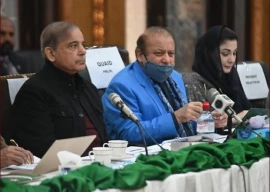
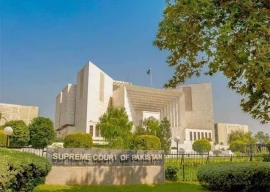
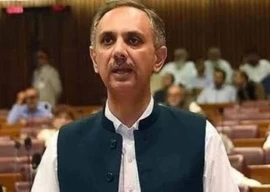
















1714129906-0/Clint-Eastwood-(1)1714129906-0-270x192.webp)






COMMENTS
Comments are moderated and generally will be posted if they are on-topic and not abusive.
For more information, please see our Comments FAQ